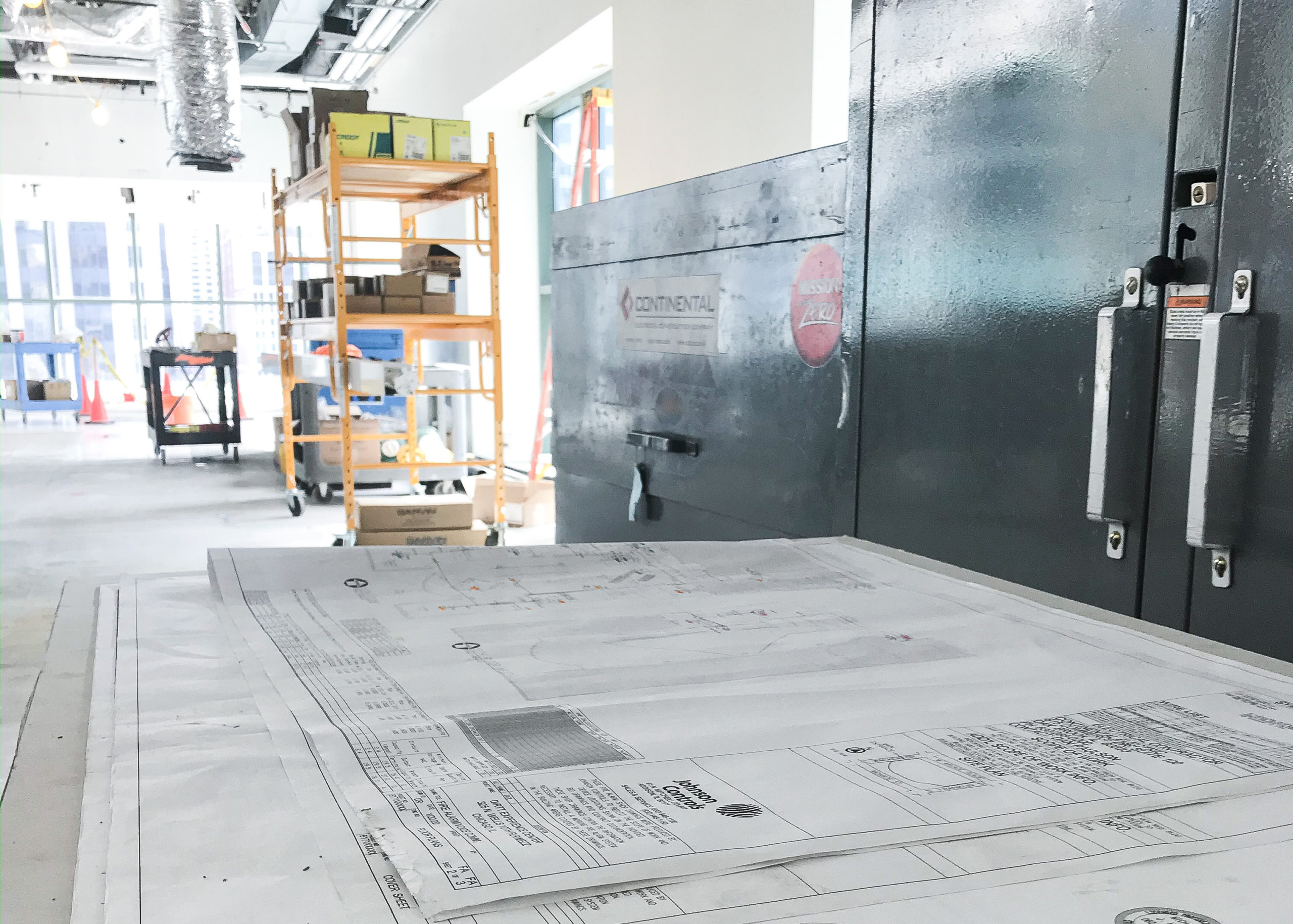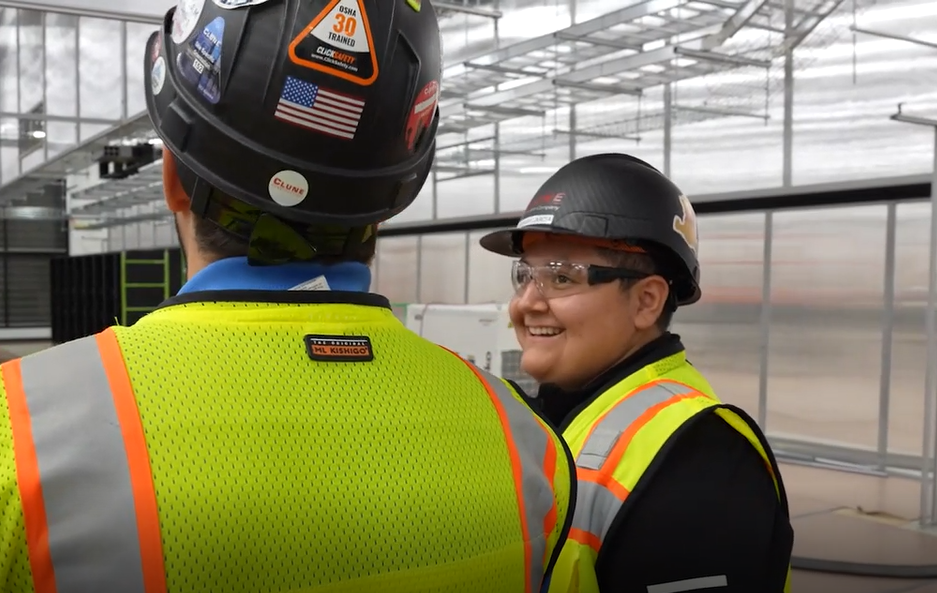
03 May 2021
Safety Isn’t Just Physical –
Mental Health in the Construction Industry

By: Mike Themanson, Vice President, Safety
Why is Mental Health Important to Discuss?
When many people think of mental health, the first thing that comes to mind may be depression or psychological breaks. However, our mental health also includes our emotional and social well-being. It affects how we think, feel, and act and helps determine how we make choices and relate to others. Mental health is something everyone deals with, just as physical health is. Normalizing discussions about mental health in the workplace is important to allow everyone the knowledge and tools needed to keep themselves and others safe.
One in five construction workers struggle with mental health issues and our industry has the second highest rate of suicide in the US. There are many factors that cause these statistics including pressure at work, stress due to time constraints, and a ‘push through the pain’ mentality. Considering that most people in the industry can relate to these situations and feelings, it is essential to work together to reduce the stigma surrounding mental health. Make sure your co-workers know that these issues don’t make them weak, “crazy,” or not self-sufficient. Increasing awareness of the commonalities, many people experience will naturally reduce the stigma.
Recognizing The Warning Signs That a Co-Worker May Be Struggling
Practicing mental health safety is as important as every other safety measure we take on the job site. It is crucial that all workers be able to identify, understand and respond to signs that a co-worker may be struggling with mental health issues. Warning signs may include:
- Decrease in productivity
- Change in personality/behavior
- Increased conflict or confrontation with co-workers
- Near misses, hits, or other safety-related incidents
- Isolation withdrawal from others
- Uncharacteristic anxiousness, anger or mood swings
It is equally as important that individuals evaluate their own mental health regularly and recognize these warning signs.
What Can Those in the Construction Industry Do to Practice Mental Health Safety?
Learning and sharing tools to maintain good mental health is a key preventative measure to encourage a healthy workplace and job site. Below are some best practices to help combat work-related stress.
For Employers
- Discuss to de-stigmatize. Normalize discussions around mental health.
- Practice vulnerability. This is essential in building strong teams.
- Host Toolbox Talks on the subject.
- Provide leadership with the proper training to spot signs of mental health struggles.
- Provide tools for outside the workplace.
- Encourage employees to take breaks.
For Individuals
- Stay active. Stretching and other forms of physical activity are proven to boost serotonin.
- Practice mindfulness and meditation. Taking a moment to stop, breathe and recenter can go a long way in reducing stress.
- Take breaks. Taking a vacation or day off gives your body the opportunity to reset.
- Seek outside resources for help. Look into your company’s health resources and EAP.
Clune urges anyone who is struggling with mental health issues to consult one or more of the following resources:
- Call: 1-800-950-6264
- Text NAMI to 741-741

